Science & Tech
-

‘I exist solely for you, remember?’
Researchers detail 6 ways chatbots seek to prolong ‘emotionally sensitive events’

-
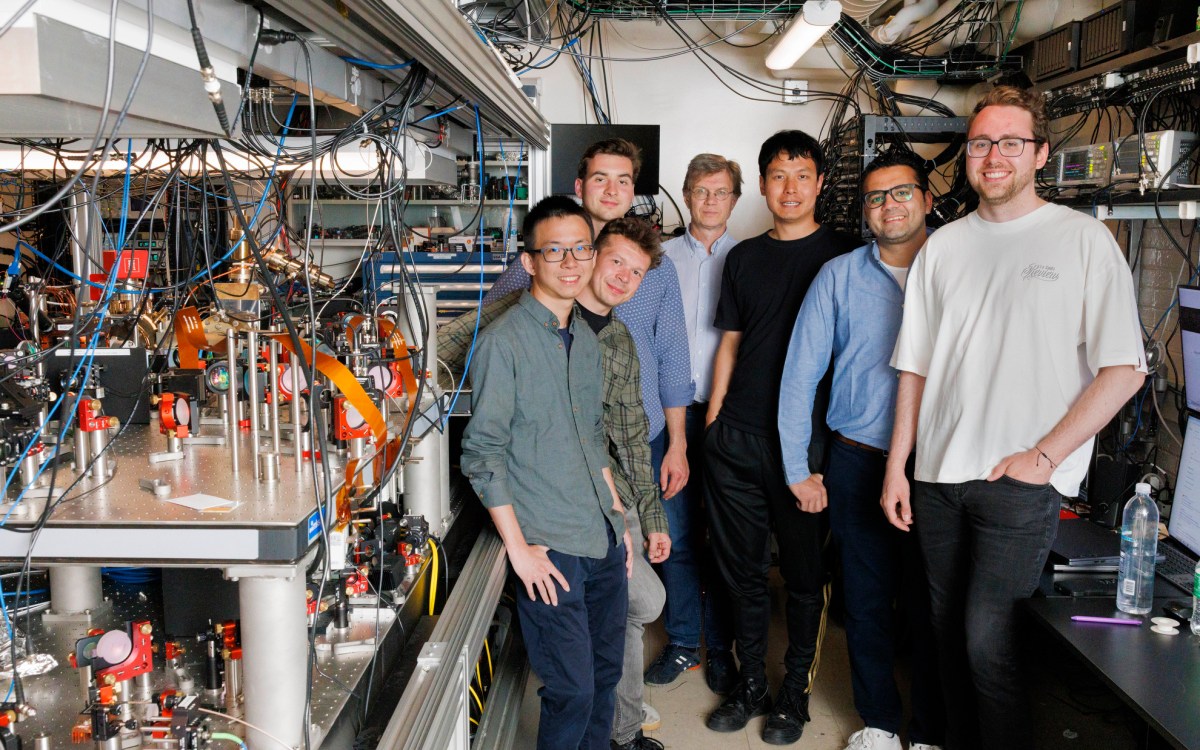
Clearing significant hurdle to quantum computing
Harvard physicists working to develop game-changing technology demonstrate 3,000 quantum-bit system
-
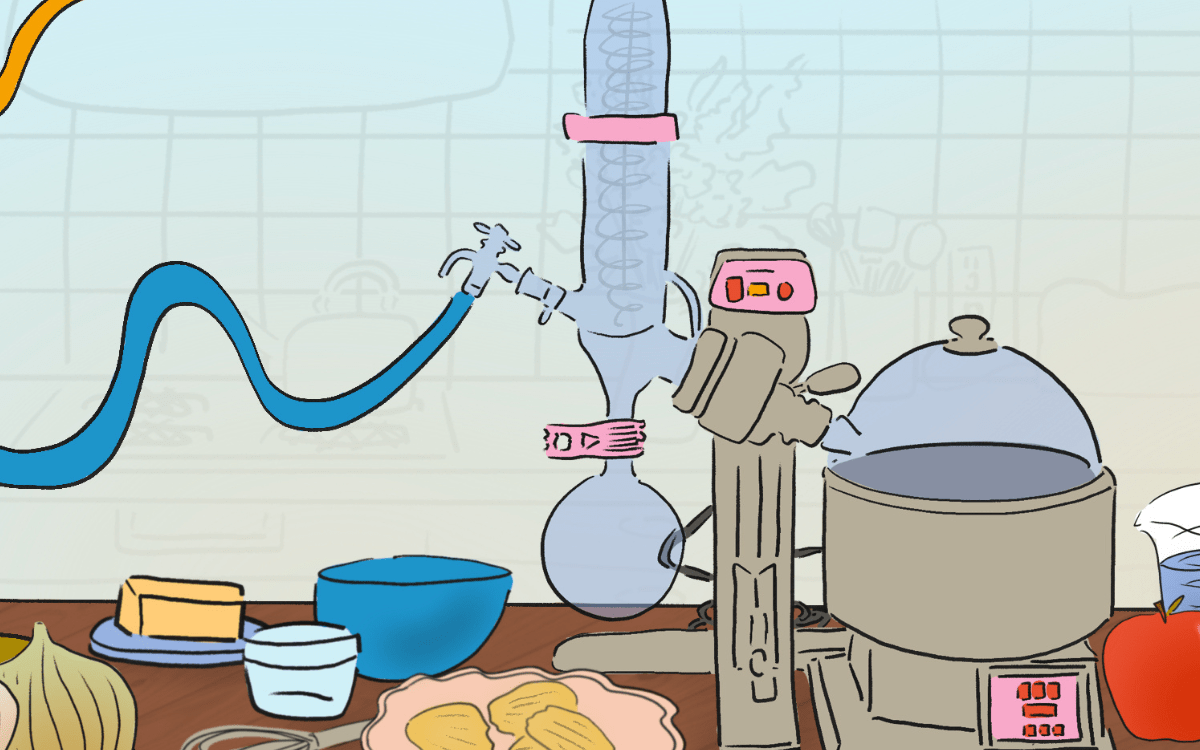
Think you understand kitchen science?
Our research-backed quiz will put your cooking knowledge to the test.
-
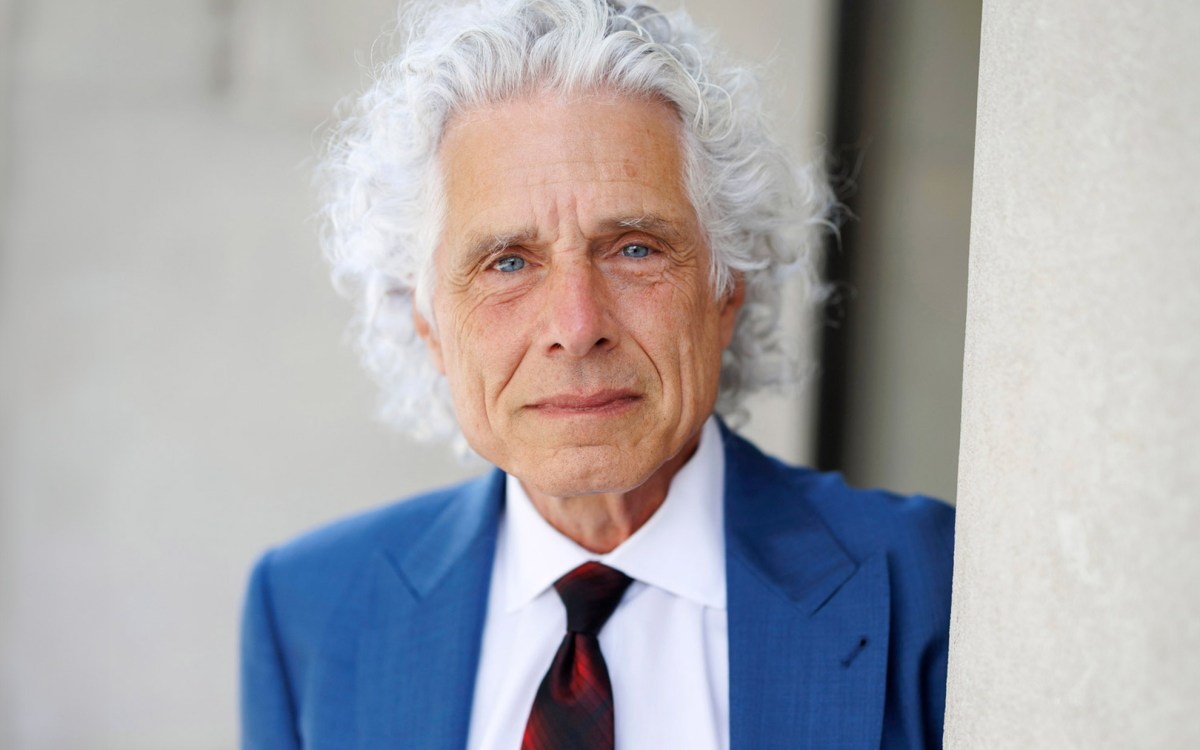
Why is your head not exploding? Steven Pinker can explain.
Cognitive psychologist reveals uncommon depths of common knowledge in new book
-
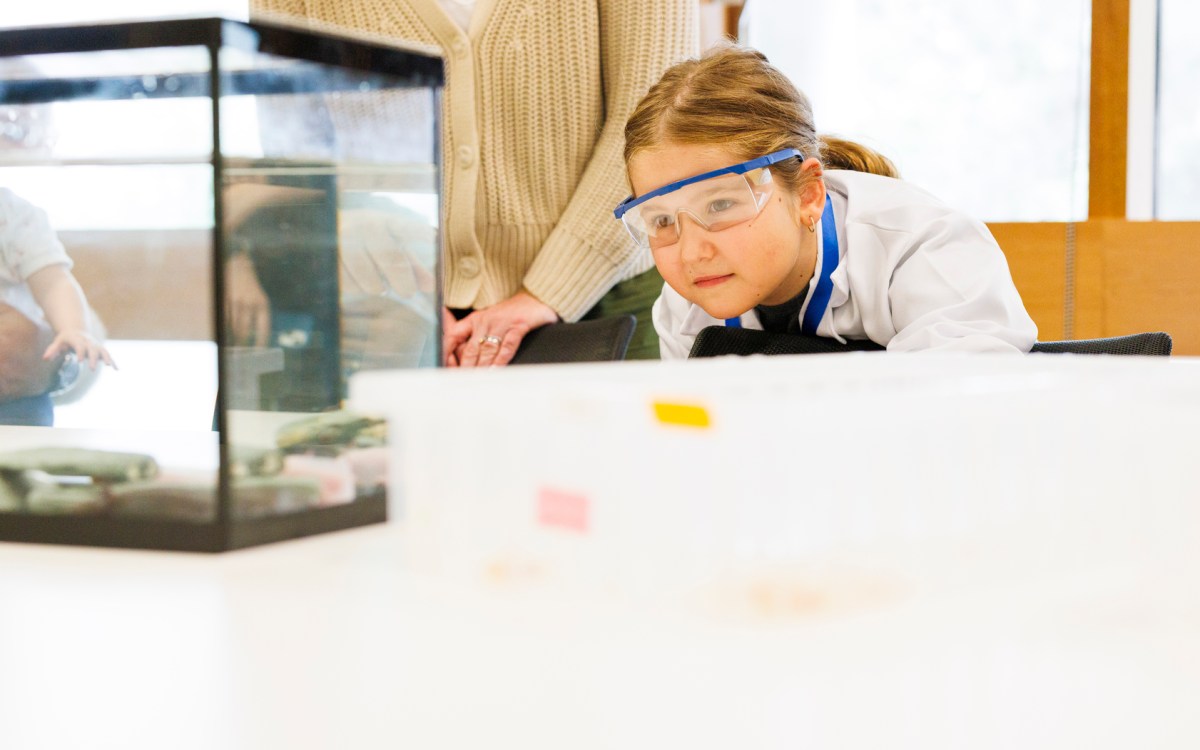
When your research donor is 6
First-grader raises $1,000 for axolotl research, meets her scientist hero — and maybe gets taste of what she wants to do when she grows up
-
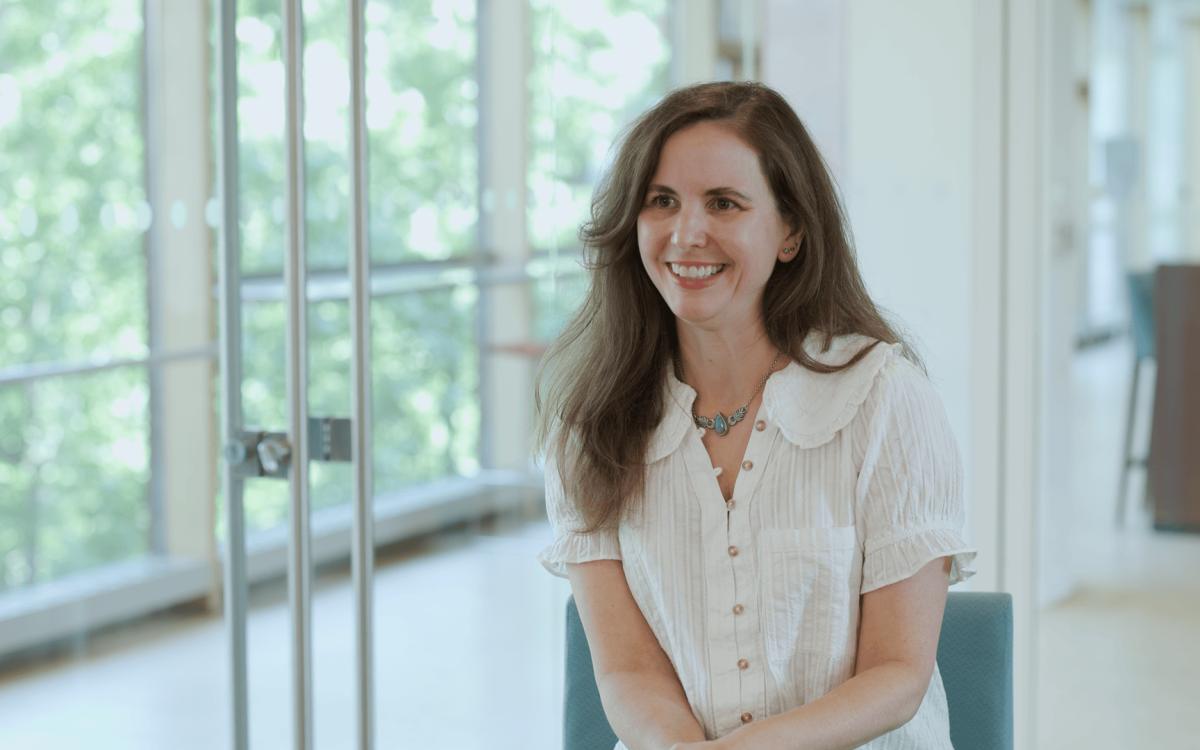
‘It feels very personal’
Jessica Whited overcame many obstacles to become a scientist, and her work was rooted in family’s blue-collar history. Then came funding cuts.
-
Teaching algorithms about skin tones
Google adopts sociologist’s skin-tone scale, which aims to promote inclusion, diversity, help fix problems in facial recognition, other technologies.
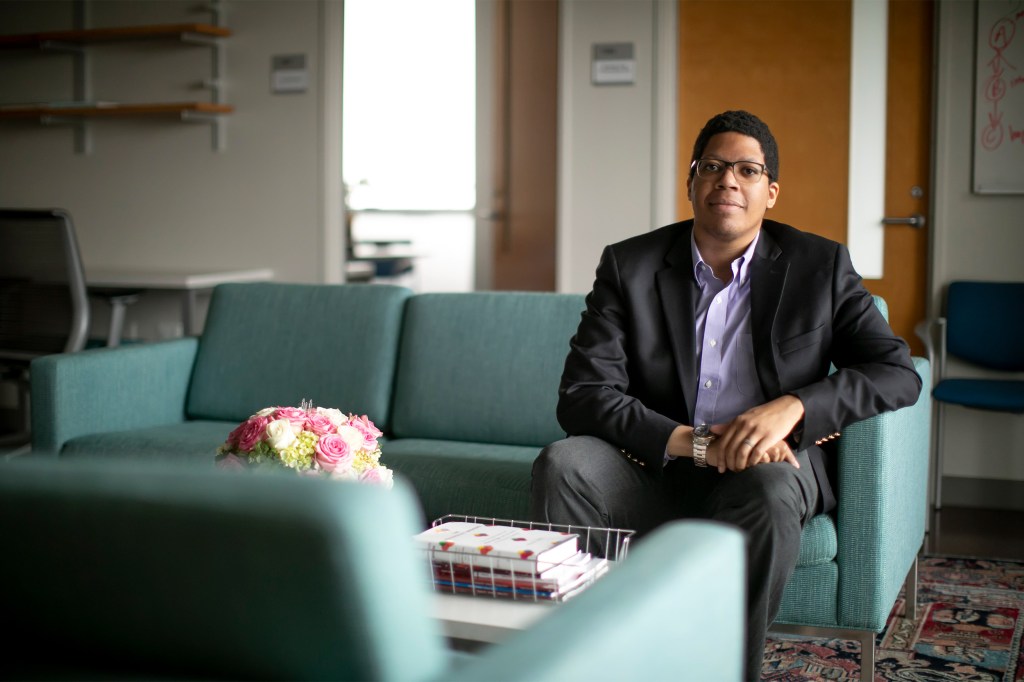
-
Novel food wrap offers shelf preservation
Harvard researchers have developed a biodegradable, antimicrobial food packaging system that extends shelf life and eliminates foodborne illness.
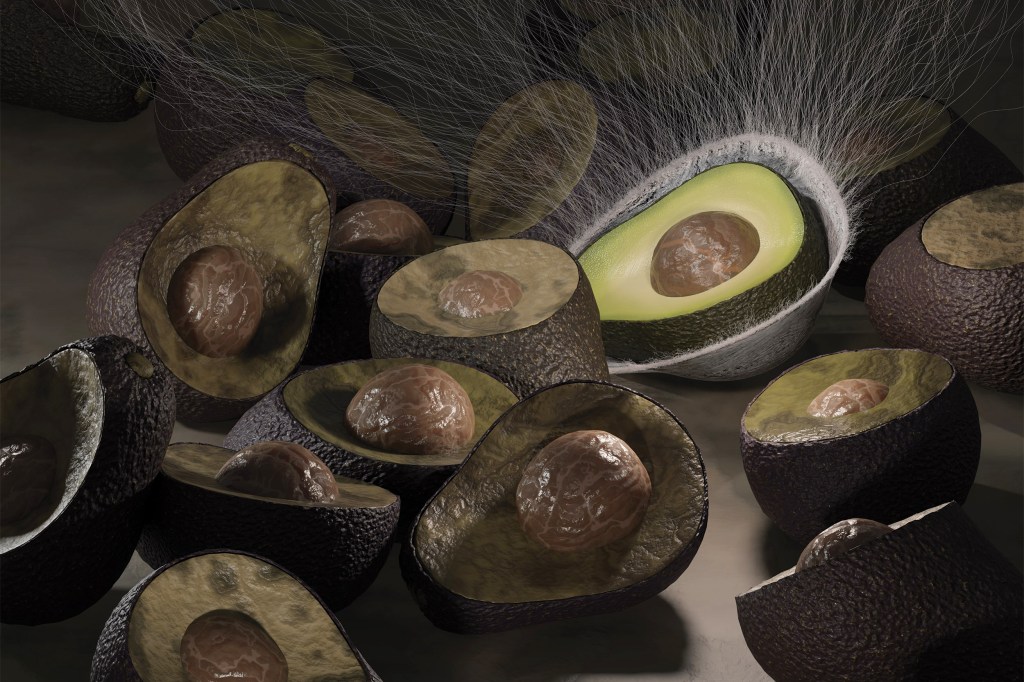
-
Keeping cool without warming the planet
Harvard scientists have developed a revolutionary new mechanism that could unlock environmentally friendly air conditioning.
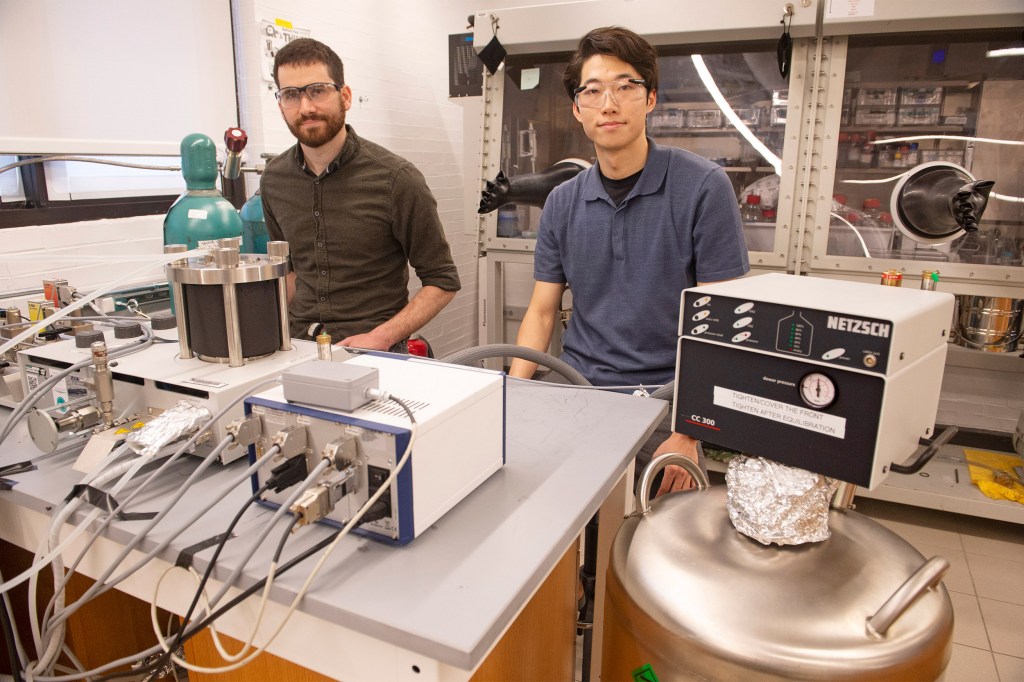
-
Brain practices new tasks while we sleep
Researchers look at “replay” during sleep, which is theorized to be a strategy the brain uses to remember new information.
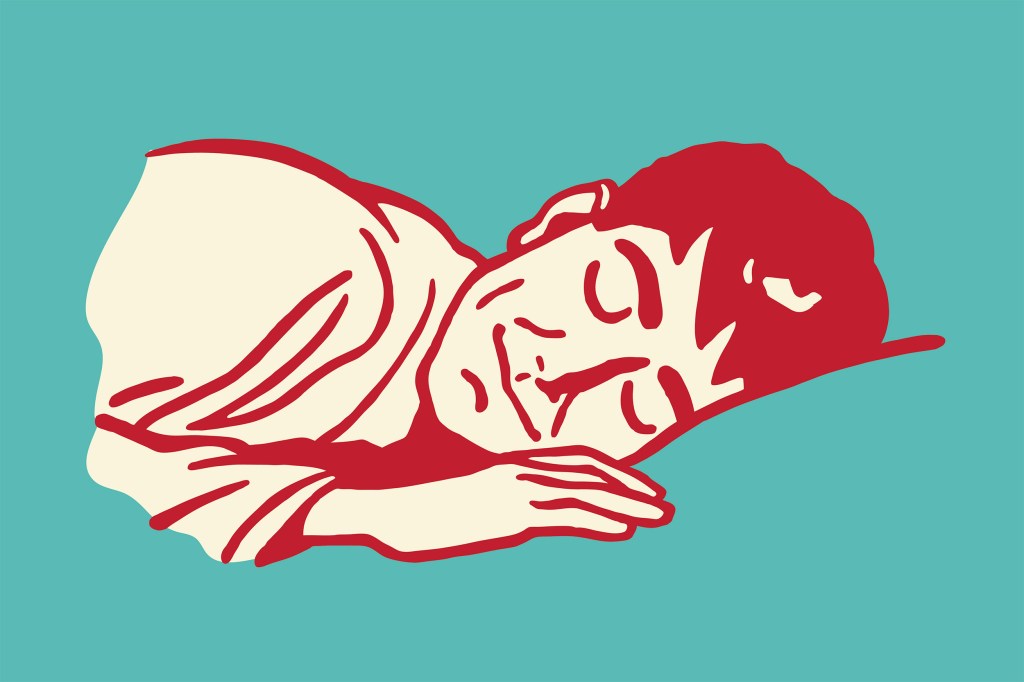
-
Women in STEM need more than a law
Women scientists have seen gains in STEM since the addition of Title IX, but culture remains an obstacle.
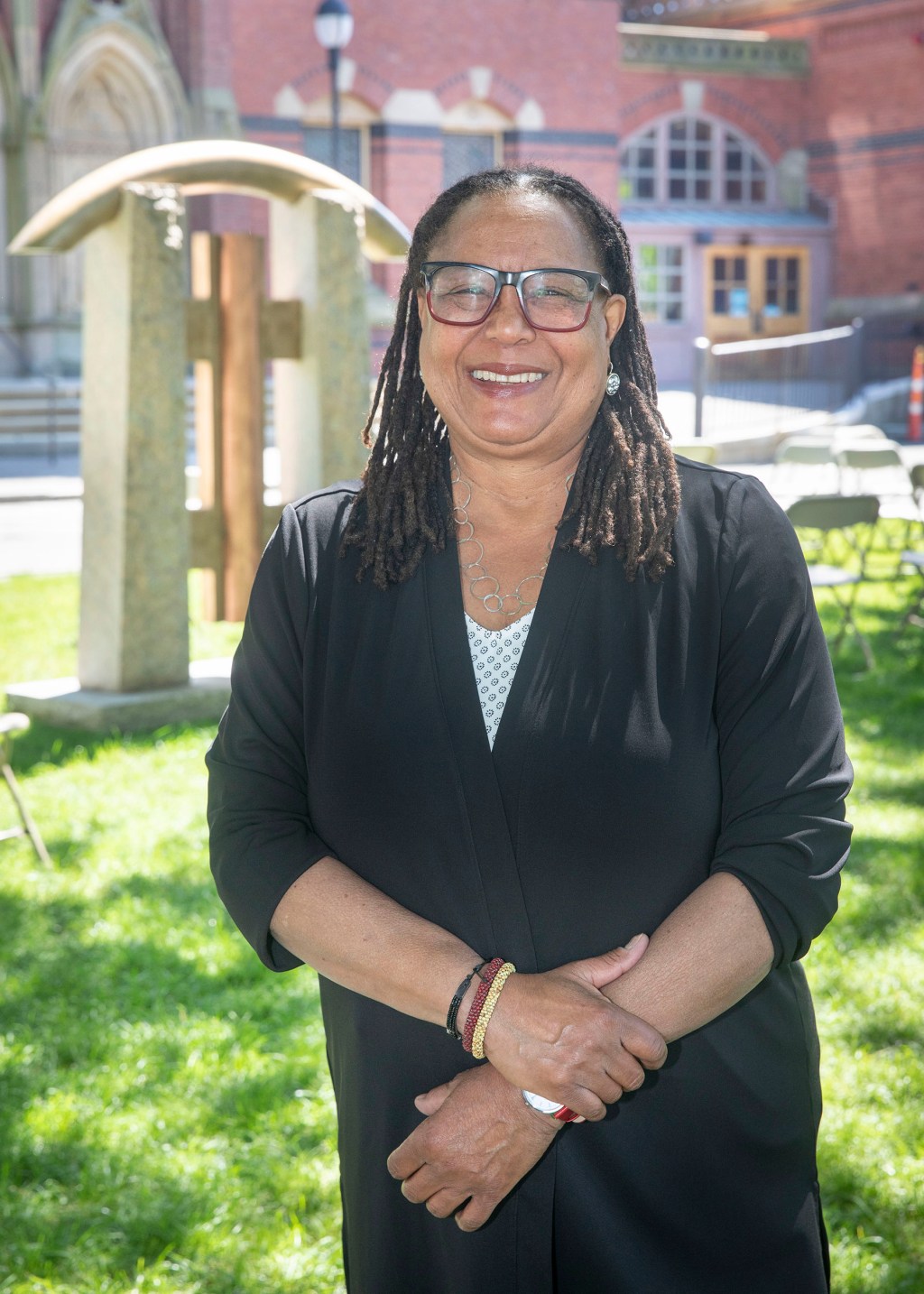
-
How humans evolved to get along (to extent that we do)
According to a new study, bonobo group dynamics show they are a model for the evolution of human peacemaking.
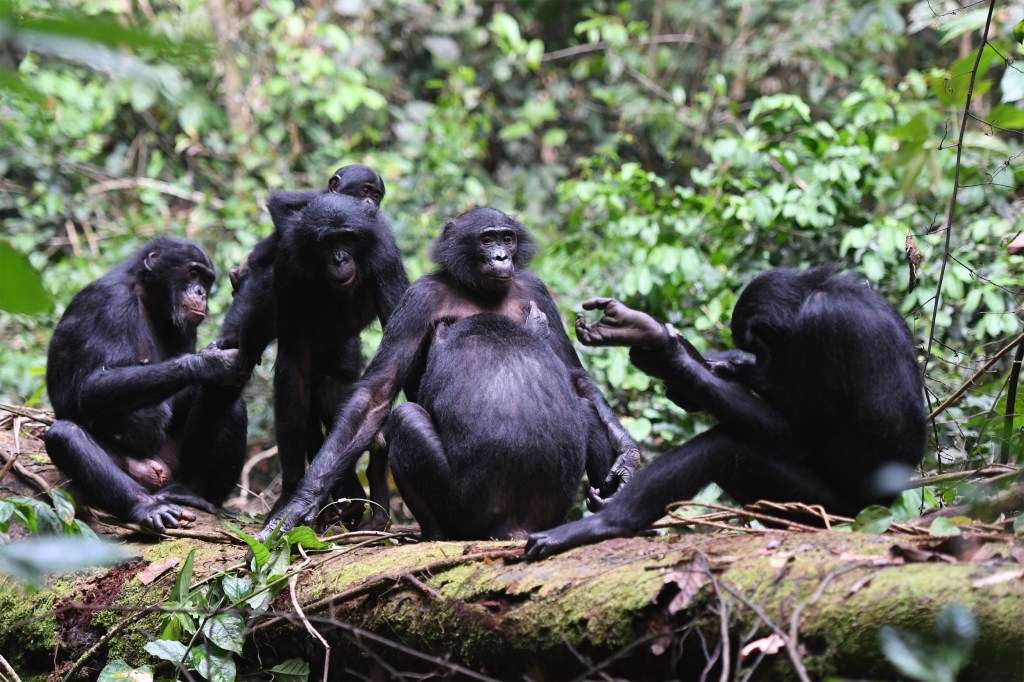
-
Leeches as tool for map biodiversity
Scientists looking to measure the biodiversity of wild animals in a nature reserve are taking their lead from leeches.

-
Global helium shortage slams brakes at Harvard labs
Latest helium shortage is impacting scientific research, equipment, and progress of grad students.
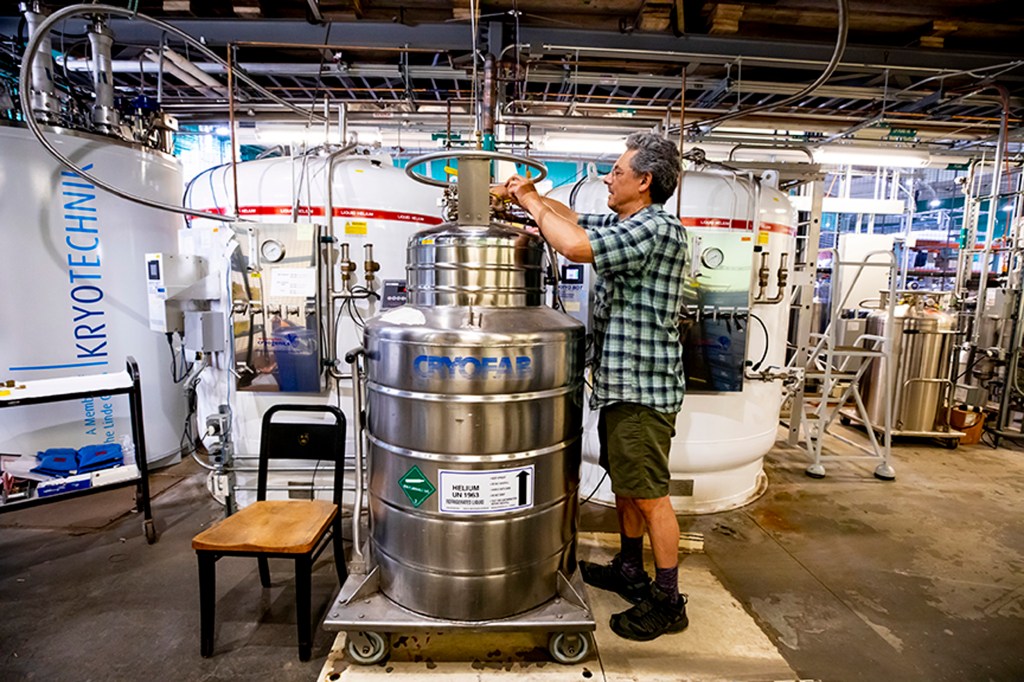
-
How the brain responds to infection
Study illuminates connections to immune system.
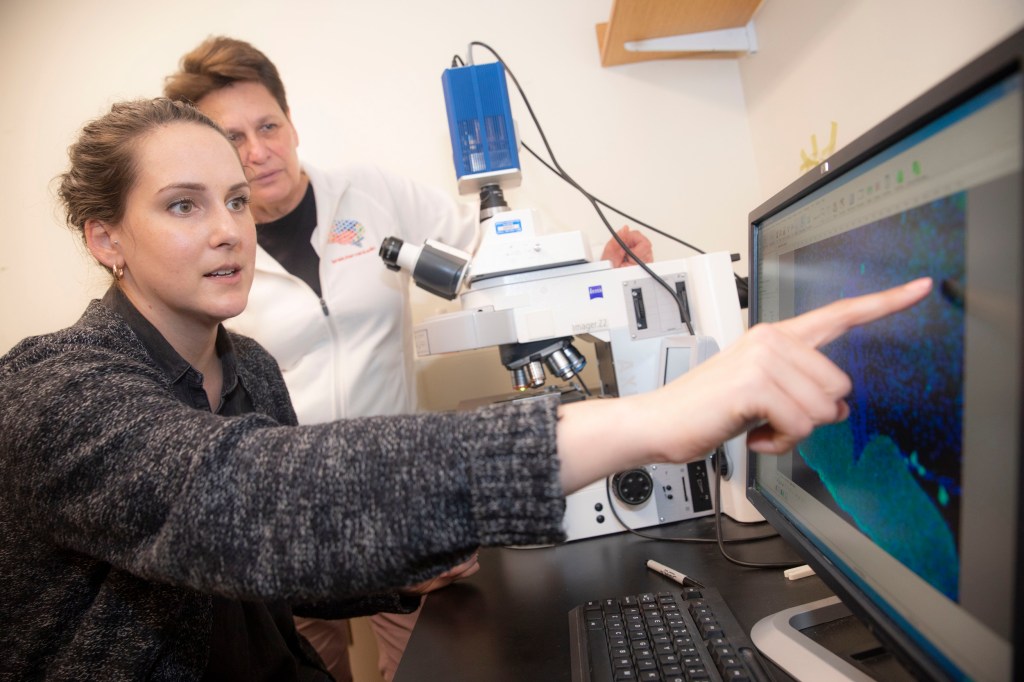
-
Thoreau’s flowers shine light on climate change
‘In Search of Thoreau’s Flowers: An Exploration of Change and Loss’ exhibition marries art and science at Harvard Museum of Natural History.
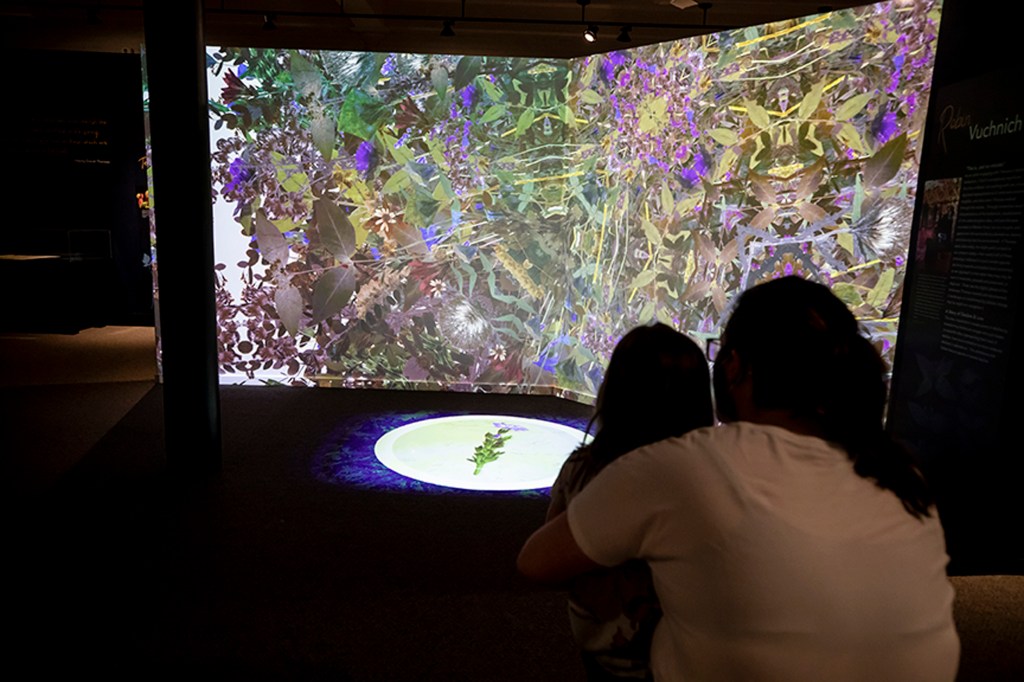
-
The language of dreams
Proficiency, place, emotion, or something else? These late-night conversations defy easy explanation.

-
10 teams tackle climate change
Ten research teams at Harvard will share $1.3 million in the eighth round of the Climate Change Solutions Fund awards, which address both local and global issues.

-
‘The dawn of a new era in astronomy’
Harvard scientists discuss what the quest to image black holes could tell us about our universe.
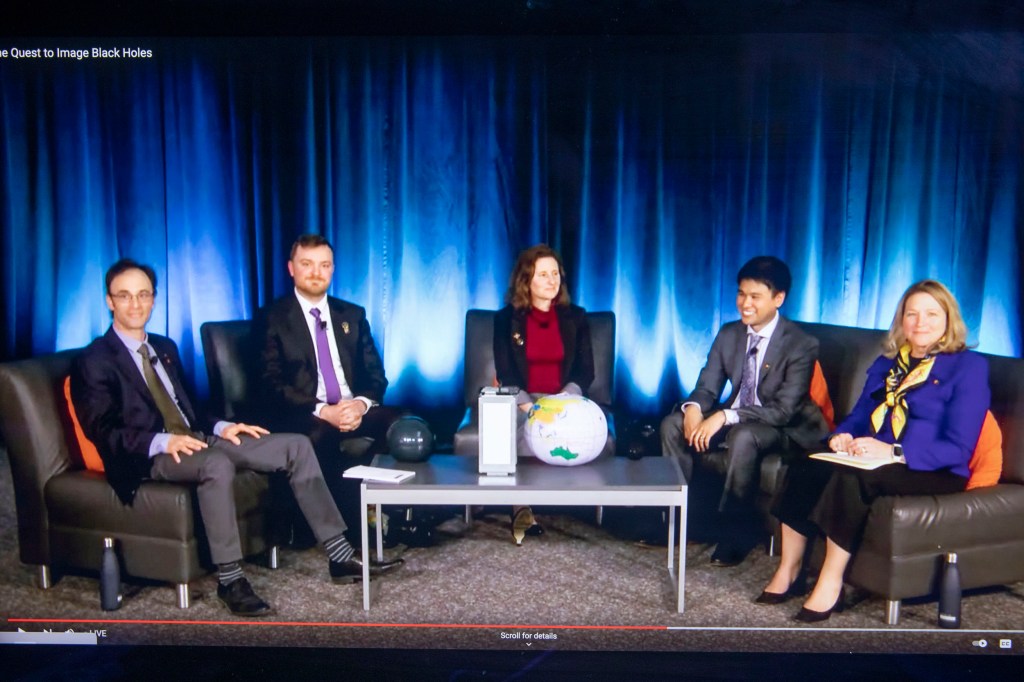
-
First image of black hole at the heart of Milky Way
Pioneering Harvard-led global collaborative unveils latest portrait, bolstering understanding of relativity, gravity.

-
A tour of the brain’s life span, complete with upside-down vision
A new book illustrates how one cell develops into the complex operational centers that not only make us human, but also individuals.
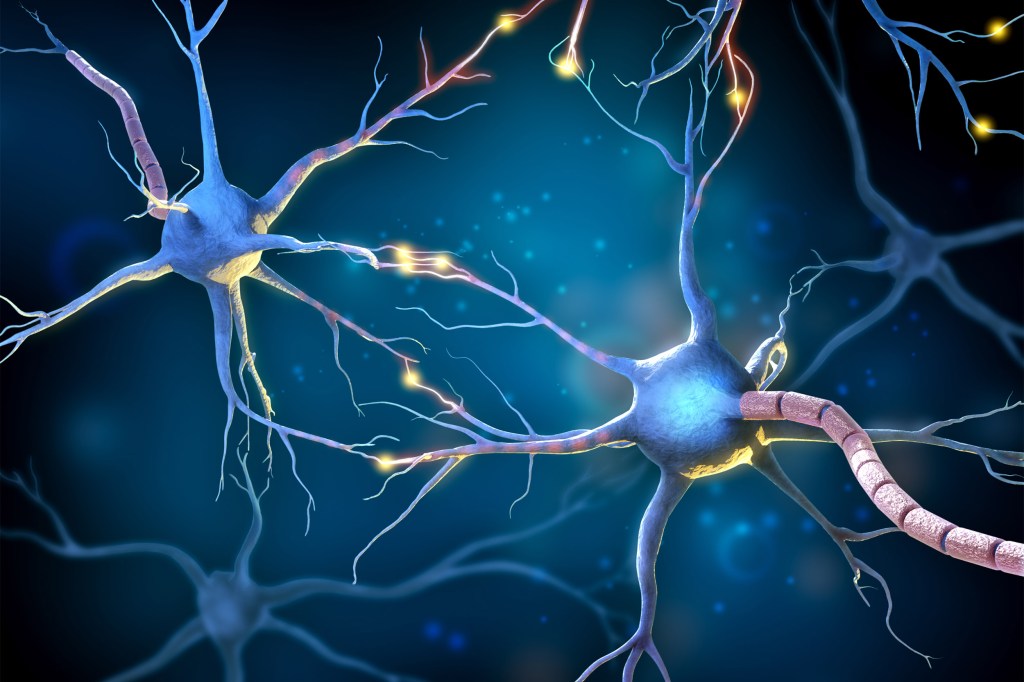
-
Lessons on diplomacy, sustainability of International Space Station
Soyeon Yi, the first Korean astronaut, details her experiences with Americans and Russians while on a mission on the International Space Station.
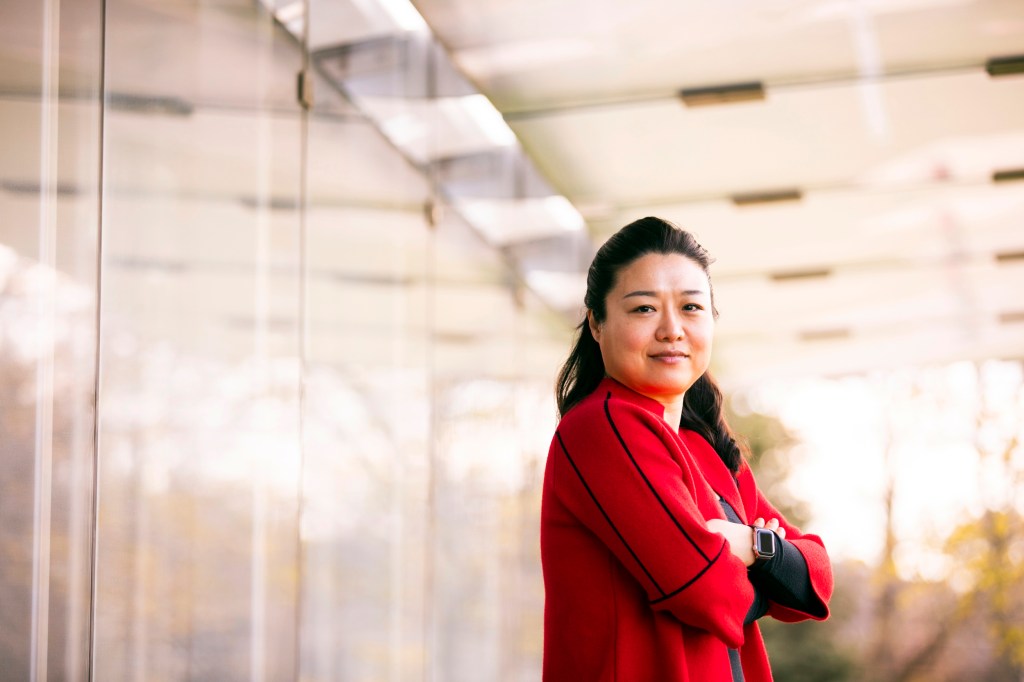
-
Zircons (and the secrets they hold) are forever
Harvard-led researchers detect some of the earliest evidence for modern-like plate motion.
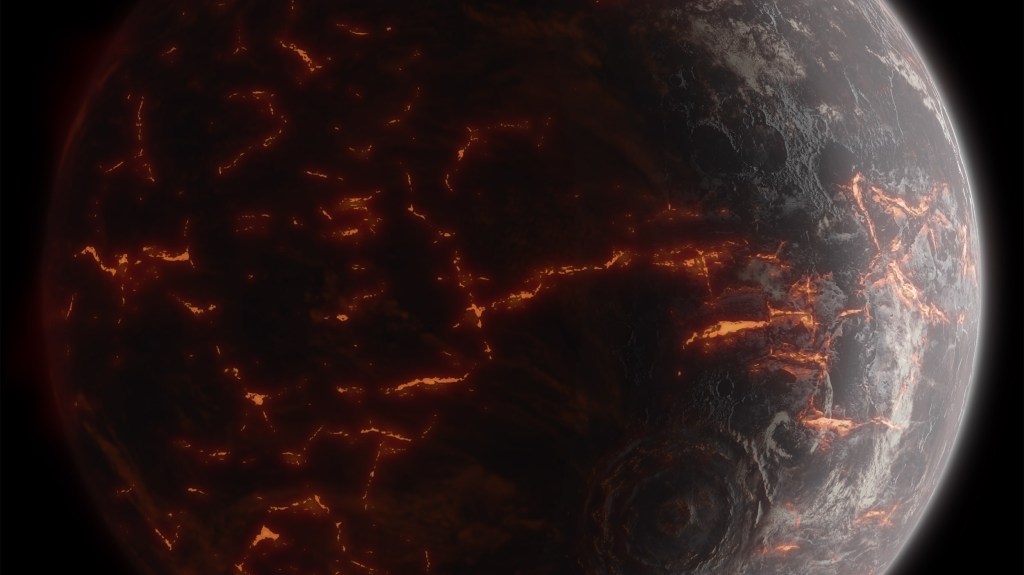
-
They’re less terrifying than you think — but still, those teeth
Bellono Lab gets new addition, piranhas. Now it’s time to study their eating habits.
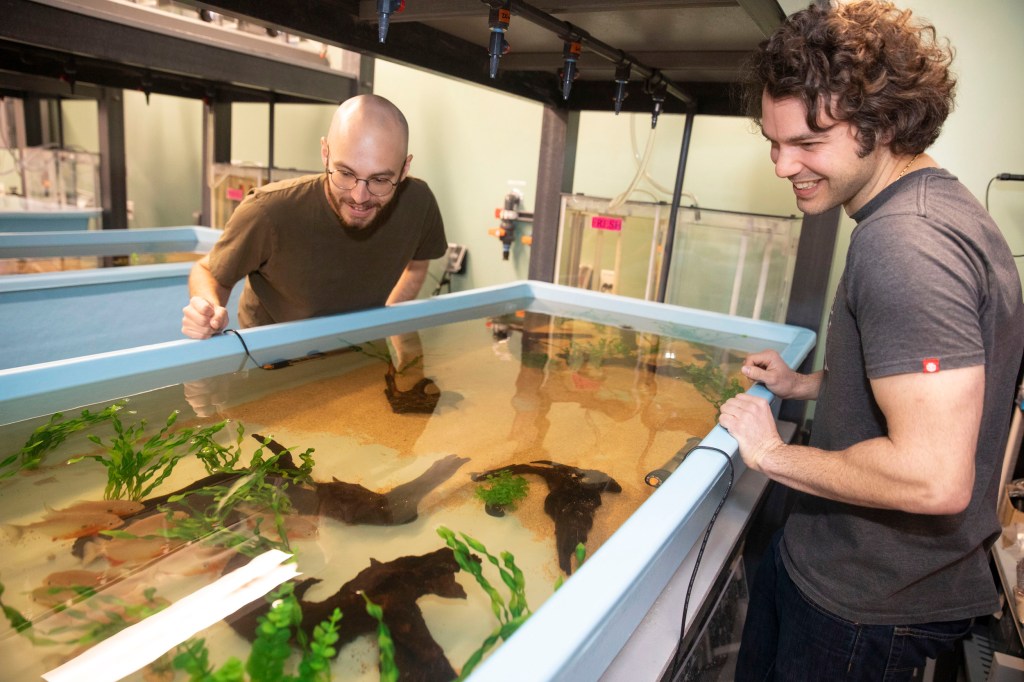
-
Scientific discovery gets kind of government seal of approval
Harvard student Amir Siraj ’22 and Professor Avi Loeb have found the earliest known meteor from another solar system to hit Earth, with the results confirmed by U.S. Space Force.
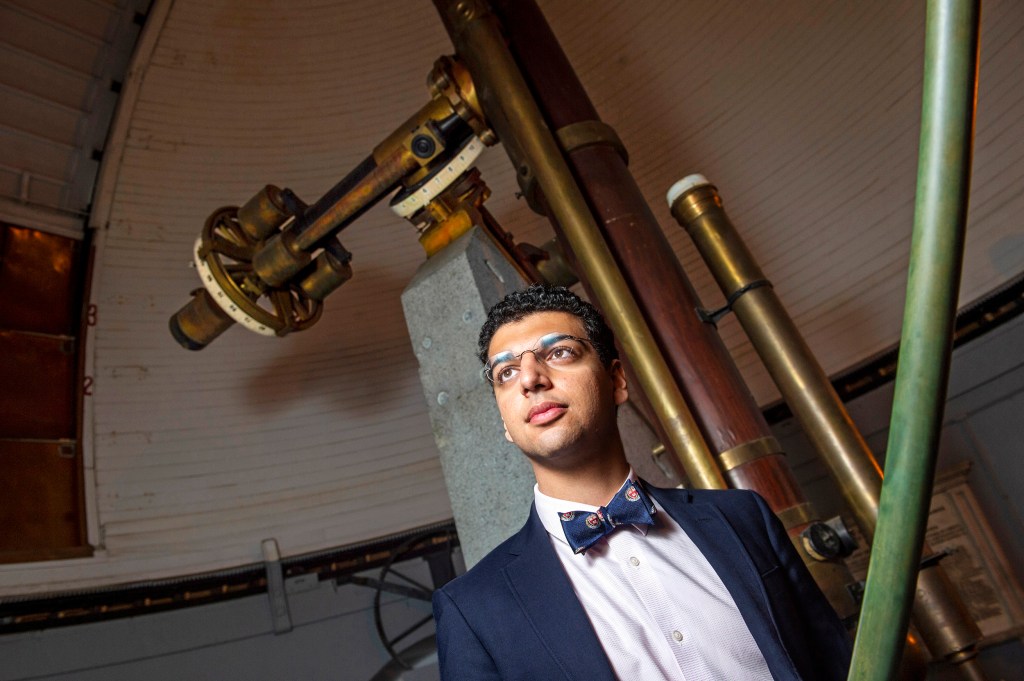
-
New approach may help clear hurdle to large-scale quantum computing
A team of physicists have created a new method for shuttling entangled atoms in a quantum processor at the forefront for building large-scale programmable quantum machines.
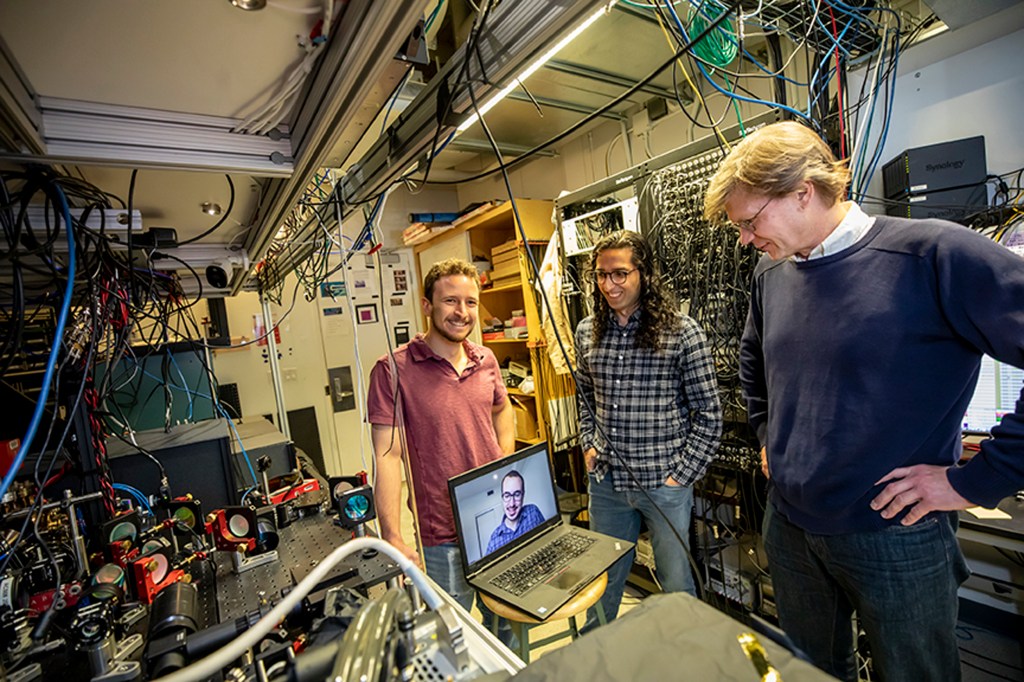
-
Representation making difference
Three physics Rhodes Scholars reflect on ways female mentorship helped them, importance of paying it forward.
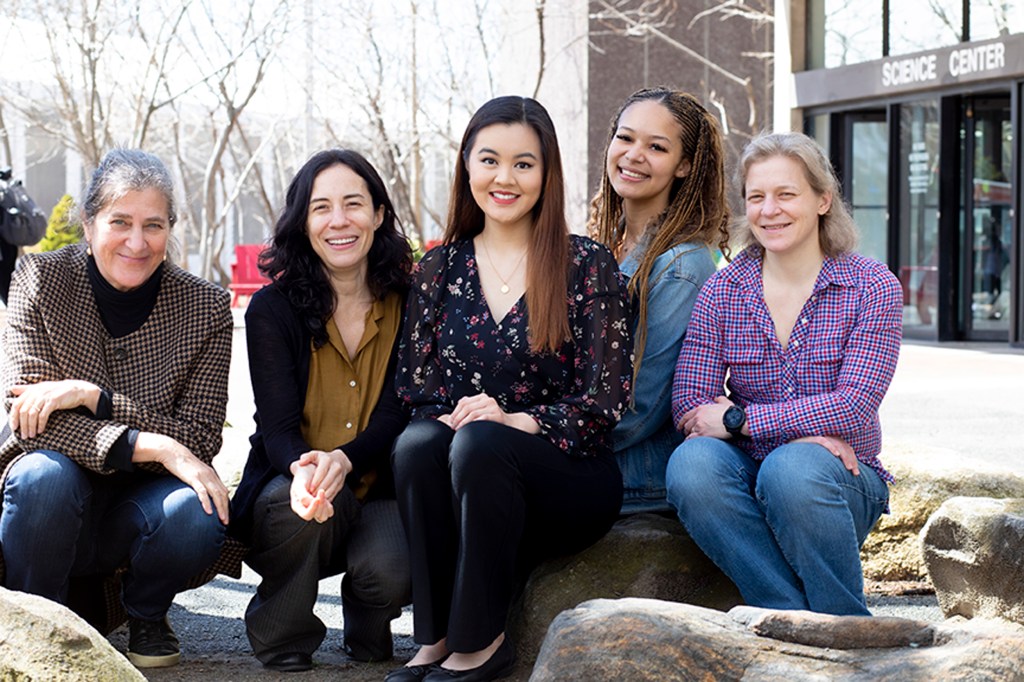
-
Way forward on climate change
The panel of experts looked at success and failures since the first Earth Day in 1970.
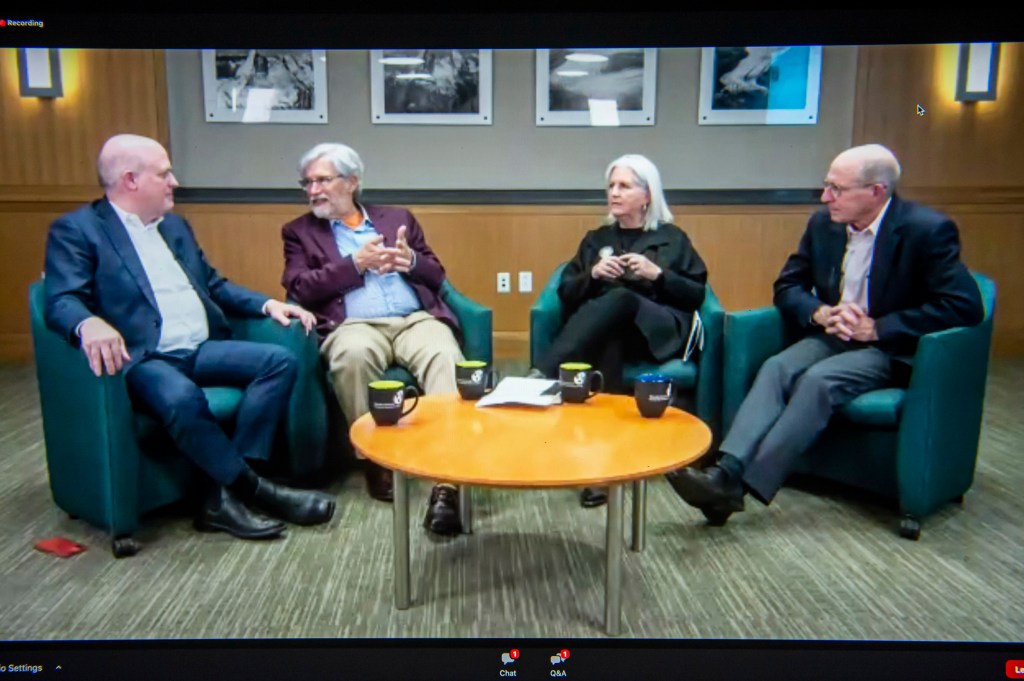
-
Relocating farmland to cut carbon emissions amid warming world
Reimagined world map of agriculture could turn back clock 20 years on carbon emissions.

-
6 things to know about Earth
Andrew Knoll, Harvard’s Fisher Research Professor of Natural History and author of the recent popular science book “A Brief History of Earth: Four Billion Years in Eight Chapters,” shares six facts about the Earth.
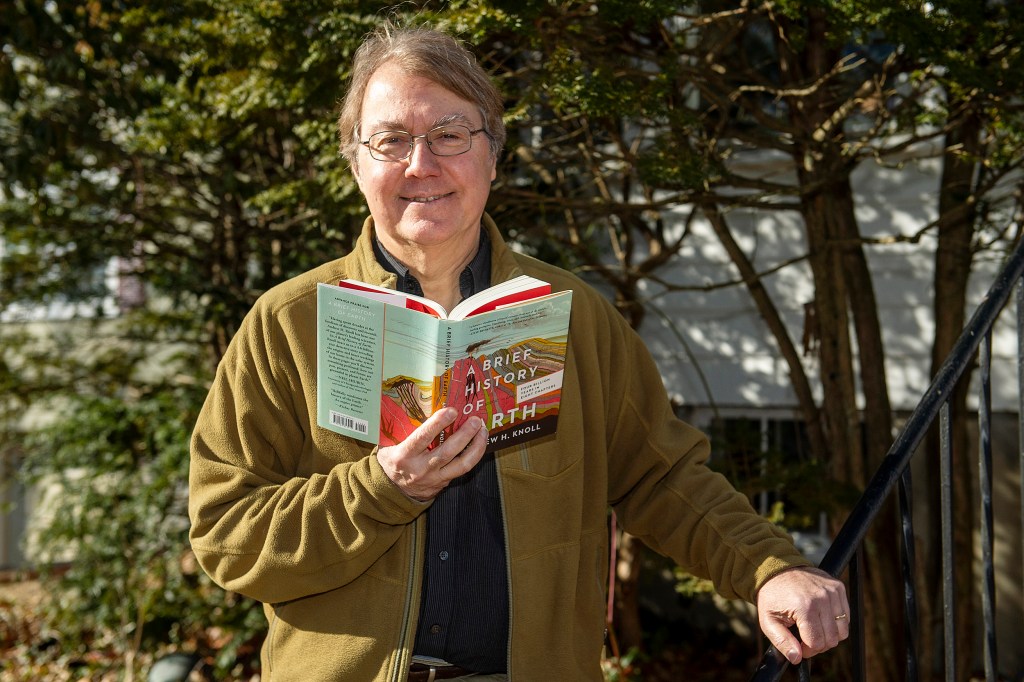
-
Making 3D printing truly 3D
Harvard researchers present a new method of volumetric 3D printing.
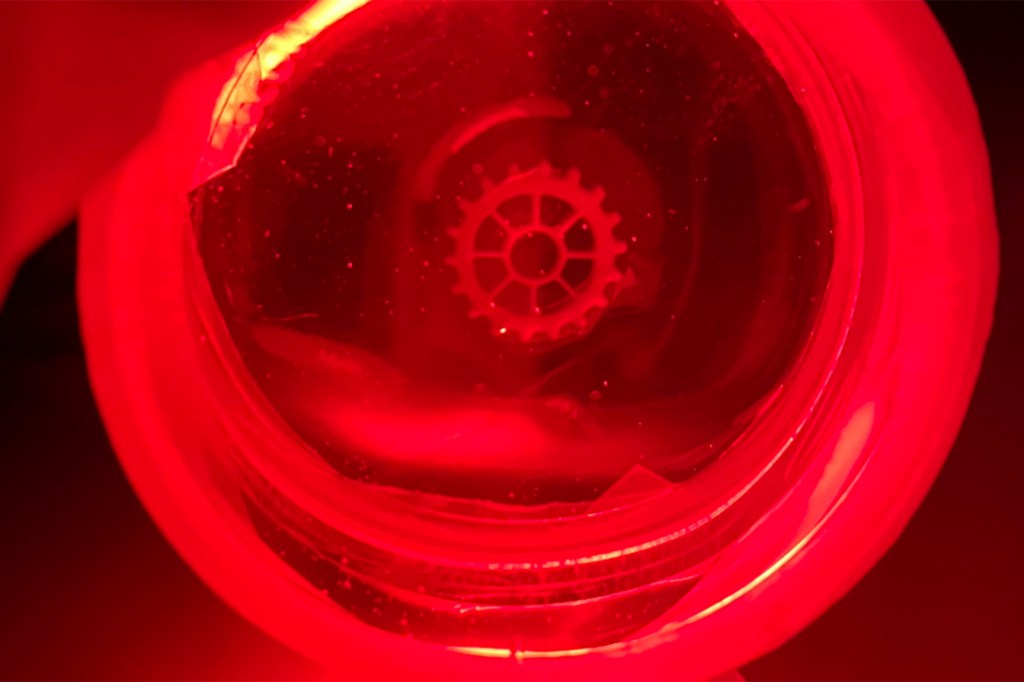
-
Forgetting, fast and slow
Forgetting generates changes in the brain and does not reverse the learning process, Harvard study finds.
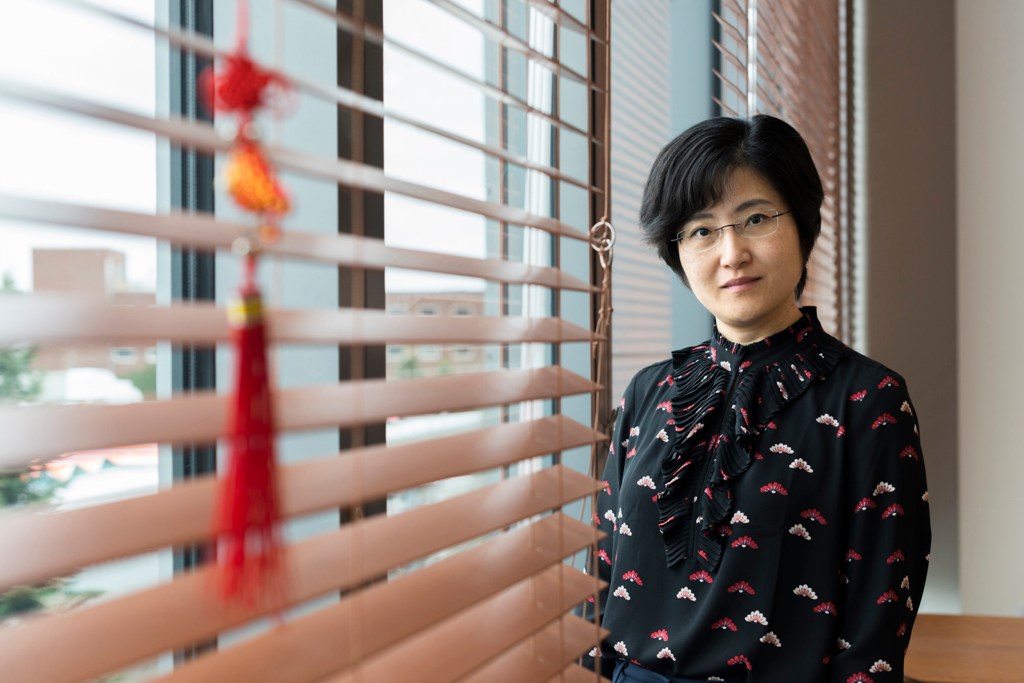
-
Altruism may not seem to make sense until you dig deep
In their new book, two Harvard scholars suggest that a subconscious process can help us understand everything from our aesthetic tastes to our altruism.
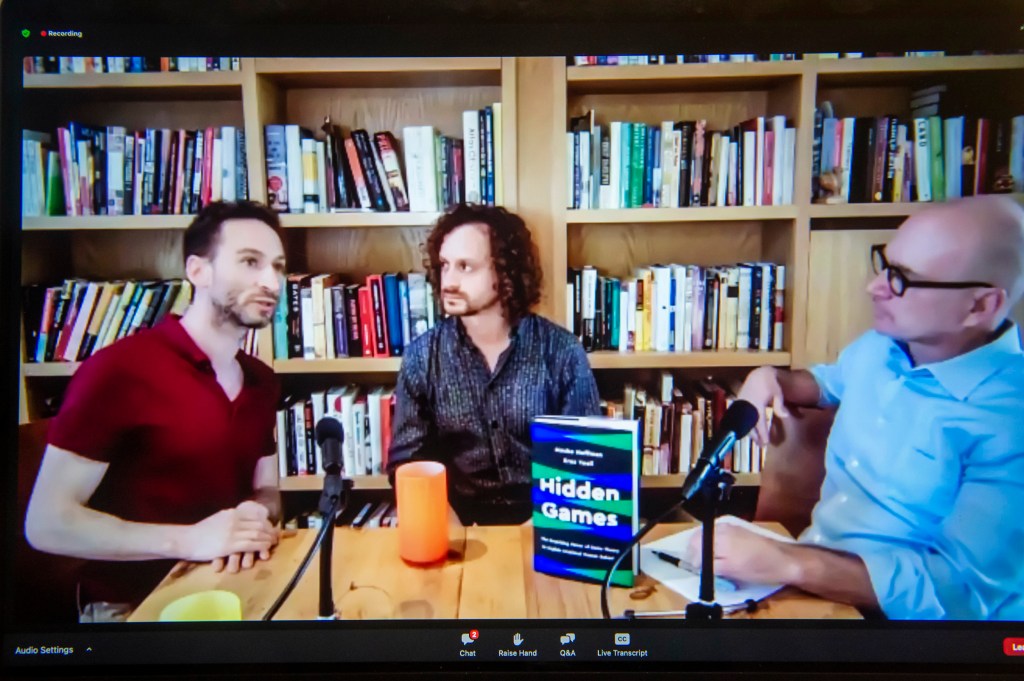
-
It’s not easy being your brain
Stephen Fleming, author of “Know Thyself: The Science of Self-Awareness,” explains the importance of “thinking about thinking.”
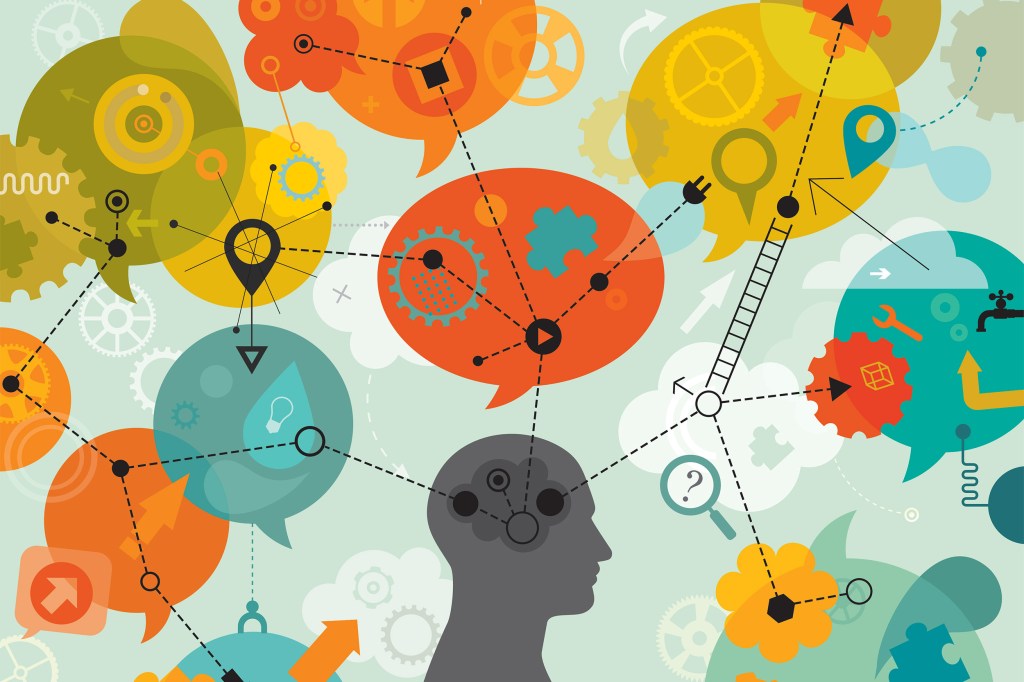
-
Scientists have spotted farthest galaxy on record
A galaxy, some 13.5 billion light-years away, is now considered the most distant astronomical object ever spotted, leaving scientists to speculate exactly what the galaxy is.

-
You call that a wildcat?
Hopi Hoekstra documents whether NCAA team mascots are really what they say they are. Here’s a bracket-buster: Many of them aren’t.



